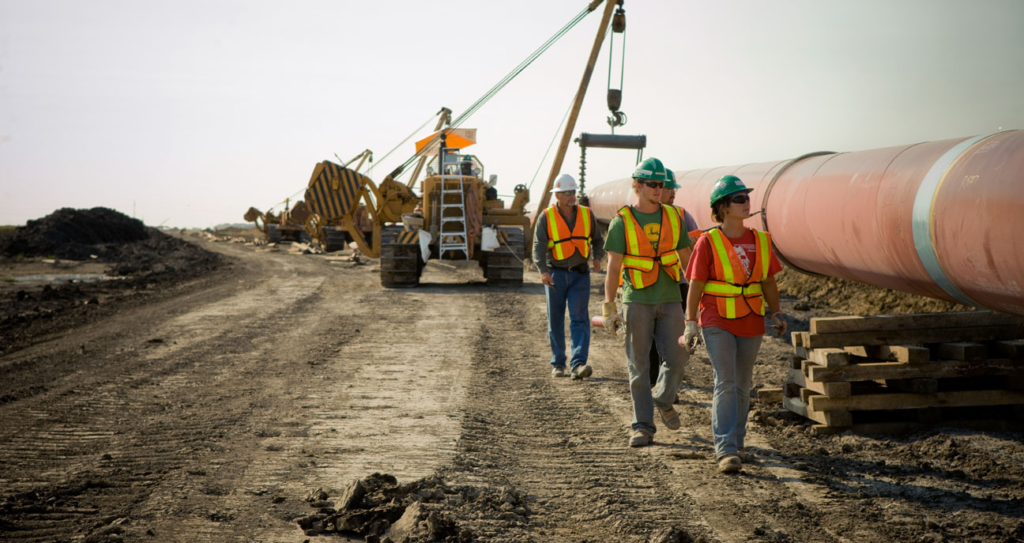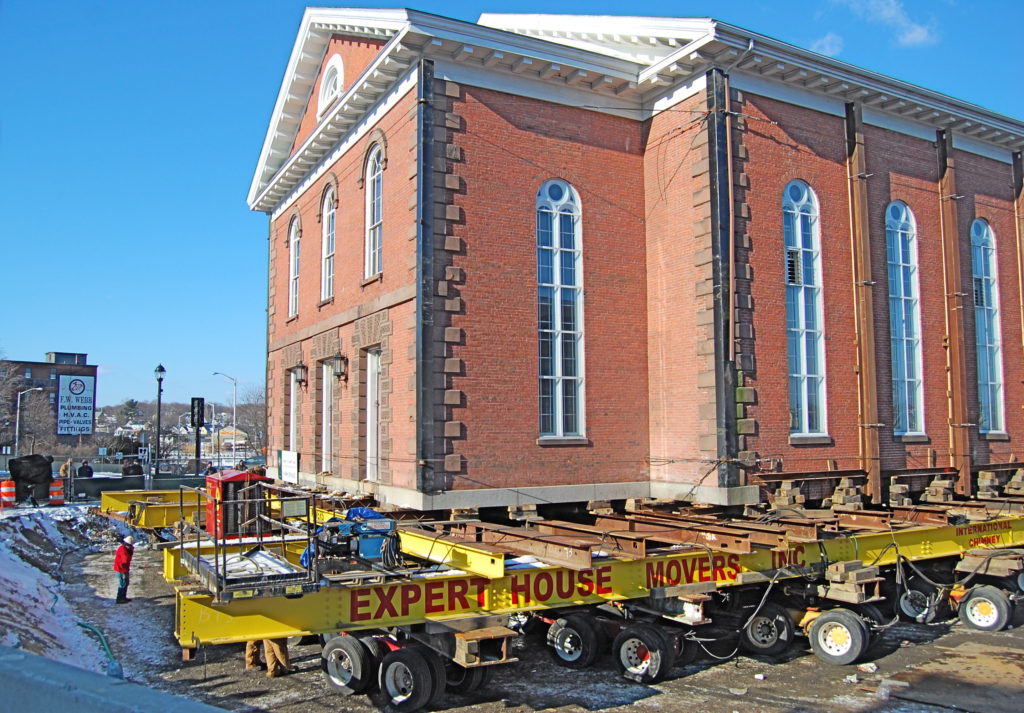Occupational injuries are pretty common for those working jobs that demand physical labour. In fact, according to the National Safety Council, a worker is injured on the job approximately every 7 seconds (National Safety Council, n.d.). Also, the U.S. Bureau of Labor Statistics has reported a total of 5,147 fatal work injuries in the U.S. as of 2017 (News Release, 2018). However, the risk of workplace injury still runs high risk globally.

Industrial jobs where workers operate in manufacturing processes can be very dangerous if the appropriate safety measures are not taken. This is why many of these occupations require their employees to adhere to a dress code for safety regulations. The following are just a few essential PPE (Personal Protective Equipment) when dressing for safety in the manufacturing industry to decrease the risk of any on the job accidents or injuries.
Safety Eye Wear
Your eyes are one of the most important organs of the body, especially when working in an industrial job. It’s important not to neglect your eyes as you work because there are several injuries that can take place while on the job. For example, wire fragments, screws, chemicals, and sparks are common causes of eye injuries. This is why protective eyewear is a necessity. You can find some safety glasses, safety goggles, and more eye protection at any of the shops such as WorkWear Hub Australia.
Visors
Safety visors offer more coverage for the face. This type of protective industrial product is ideal for occupations like welding or any job that puts you at exposure to flying debris or chemical splashes. Some of these visors and shields are chemical and paint resistant to avoid any paint covering your vision or toxic chemical burns.
Respirator Protection
Atmospheric contaminants can be very difficult to see but are very dangerous once exposed to. Usually, workers are not aware when exposure has occurred until symptoms begin. To prevent this from happening, you should use a respirator while working so that you do not get sick.
Respirators protect workers against harmful dust, gases, vapours, sprays, insufficient oxygen environments, smokes, etc. Lung diseases and cancer are a common illness that can proceed extended exposure to those hazards without proper protection.
Safety Gloves
Latex gloves should be used when working with chemicals or cleaning various machine parts. Propane tanks should be changed using special propane gloves to prevent burns. Leather gloves are very handy when in contact with wood. You don’t want any splinters or wooden spurs becoming lodged into your hand and put you at risk for infections. If you are working with ovens or any hot surfaces, heat resistant gloves will protect your hands and arms from serious burns to the skin.
Earplugs and Muffs
The manufacturing workplace can be very loud and potentially damage the ear. Long exposure to very loud sounds can negatively affect the hearing. If you work with loud equipment such as lawnmowers or power tools such as power drills, then wearing PPE for your ears will help to maintain your hearing. Earplugs and earmuffs will reduce noise exposure to the ears and preserve the health of your ears.
Helmets
Helmets can not only protect you from falling objects and flying fragment. It can also protect you from a bad fall. If you work using a latter or at high elevation, helmets can prevent brain injuries if you were to miscalculate a step. It is vital to protect the brain, so wearing a helmet on your job will greatly minimize serious damage.
Wearing the essential personal protective equipment can prevent and minimize any crippling or painful workplace injuries. Whether you are a medical technician, landscaping contractor or construction worker, taking these protective measures will ensure your safety.


